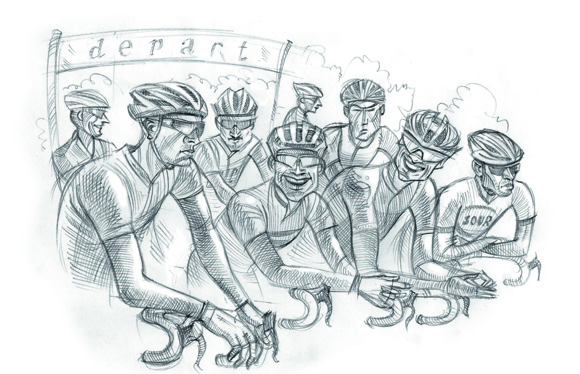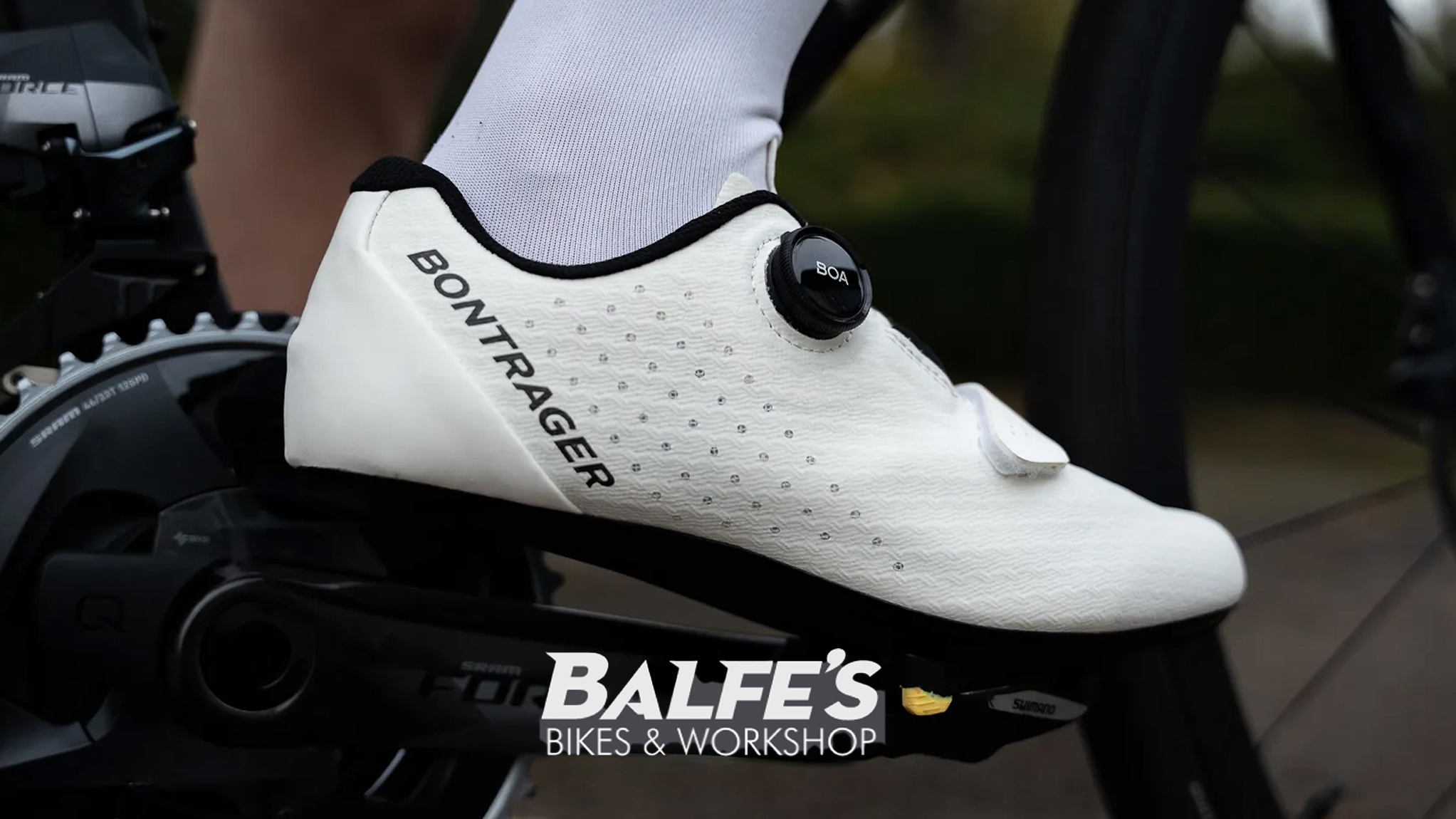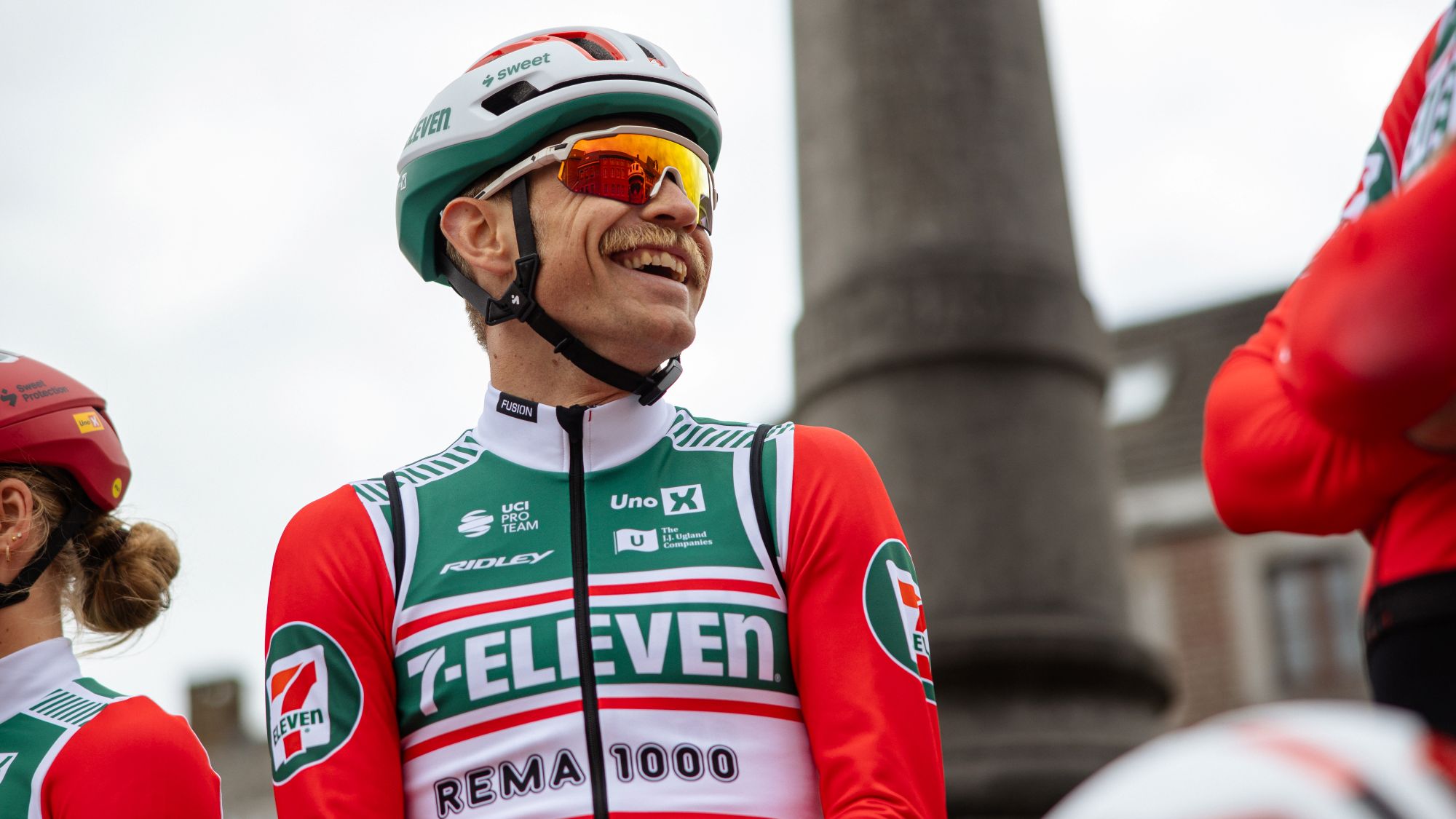Our man in the bunch 11: personalities

Cycle Sport’s Our Man in the Bunch series ran through the 2012 season, to popular acclaim. An anonymous professional rider sent us a series of dispatches from the peloton, covering all subjects from money, through media to management and more. We reproduce the series here.
Words by Our Man in the Bunch
Illustration by Simon Scarsbrook
This article originally appeared in Cycle Sport February 2013
-----------
It takes a certain personality type to be a professional cyclist, right? Determined, dedicated, single-minded, focused, with a masochistic streak which allows us to push our bodies to the limit day after day, in training and racing. Sound familiar?
Cycling isn’t really a sport where you can get to the top level without most, or all, of the above traits. It’s just too hard to do things half-heartedly. However, while we do have certain things in common, the range of personalities is pretty extreme.
Get The Leadout Newsletter
The latest race content, interviews, features, reviews and expert buying guides, direct to your inbox!
It must be hard to appreciate as a spectator, watching a bunch of skinny men in Lycra cover thousands of kilometres on television. The public see regular interviews with champions, and can feel like they know them, but for every champion, there are about 20 pros who are rarely in the limelight, or at least not enough for fans to get an idea of their personalities.
There are three reasonably obvious categories of clique within the bunch: nationalities, team-mates, and ex-team-mates. People of the same nationality have often grown up racing together, so it’s not a surprise to see them catching up at races, getting all the gossip, discussing new teams, family, and whatever else. With the globalisation of the sport, there are more and more of these little groups, with a range of eastern European countries and English-speaking countries having more of a presence in the bunch. In terms of cross-language relationships, I would say that Italy to Spain is the strongest — those riders often get on well together, of course in part due to language similarities.
The Belgians and Dutch speak the same language, although the Dutch may disagree with that. Both those nationalities tend to speak good English and so there is a large amount of integration between them and the other English-speakers. The same goes for German riders.
Then we have the French.
Unfortunately, the editor has asked me to expand on that, so here goes. The French appear content to speak to their own, or perhaps foreigners who can speak good French. I am being a little harsh here, although to be honest while there are some French riders and staff who have moved to ‘foreign’ teams, they are still few and far between.
I guess they have no need to stray into less comfortable territories, with their large contingent of top-level teams and the biggest race in the world.
Comic turn
Making sweeping generalisations about a nation is difficult (despite the previous paragraph), but if I had to choose, I would say that, in general, the Italian riders have the strongest personalities. They can be loud and vocal in their views, even when they aren’t racing in their own country. There is always an Italian ready to joke about at the start or during the race -— putting a banana down their shorts for the sign-on, letting someone’s tyre down, tapping someone on the ‘other’ side of their back so that they look round the wrong way or shouting at the top of their voices when we go through a tunnel. You’ve got it, they are a mature bunch.
Actually, that’s unfair — the whole peloton is capable of acting like schookids. One of the problems with having everything done for you, washing, cooking and cleaning, is that you never really have to grow up.
While there are a number of comedians among Italian cyclists, we are still waiting with bated breath for the comic genius who can make Petacchi laugh, or even smile for that matter.
The Kazakhs and Russians appear, to me at least, to be the serious corner of the bunch. That might be the language barrier, but there are a number of them who seem to have a constant look of ‘don’t mess with me’. So I don’t mess
with them.
Allegiances and friendship among team-mates are obviously inevitable. When you spend that much time on the road together, you get to know each other very quickly. There can be rifts between team-mates, but one of the wonderful things about cycling is the sacrifice that riders make for each other in the pursuit of glory, so in general, team-mates get along. Some of those relationships are so solidly forged that you know you will be friends for life, whatever team you ride for and whatever walk of life you choose post-cycling.
Of course, personalities are not just dictated by nationality or team, and there are some very quirky people in the peloton. I’ll go through a few of the common ‘categories’ with you.
Angry: Luckily, angry riders are few are far between. For the most part riders are reasonably easygoing. However, I’ve come across a handful of riders, past and present, with formidable tempers. As a young rider, they can be very intimidating in the bunch. It might only take the smallest, accidental mistake to result in a loud and public grilling. I was once involved in a crash with one of the angry riders. It was his fault, but the rest of us on the ground were waiting for the inevitable profanities. They quickly came, but then he proceeded to punch the tarmac, and kick his own bike. It was nice, and a relief, to see that he could also direct his anger at himself.
Over the years, I’ve got to know a couple of these riders reasonably well. One of them continued his angry streak away from the bike, while the other was calm, almost placid, off the bike, and his temper only flared once he got a number on his back.
Arrogant: Arrogance comes from success, although I’m very pleased to say that the majority of cycling’s true champions are humble and friendly. There are, however, a number of riders just under that level who swan around like they own the place. They think that they have a God-given right to their position in the bunch, that they shouldn’t have to fight for it like the rest of us. I’ve got no time for it. In fact, I take great pleasure in trying to wind them up. This sort of attitude is particularly prevalent in smaller races, 1.1s or 2.1s where there are some smaller Continental teams racing. You will often hear shouts of “amatore!” or ‘amateur’ from the WorldTour riders as they impose their authority. We’ve all been a young, green rider at some time, and I’ve always made a point of not thinking that I am above anyone else just because of the jersey that I’m wearing.
Loners: Cycling is a strange sport. On the one extreme, you can be in the Tour de France among 200-plus riders and have thousands of fans almost within touching distance. On the other, you can be out training in solitude, at the top of a mountain in the middle of nowhere, with no mobile signal, no civilisation in sight, in complete isolation. Loner is a strong word, but there are a handful of riders who are content with their own company, who won’t go out of their way to talk to others, and who don’t continue acquaintances outside of racing or after their careers. In some ways, I’m surprised there aren’t more people like this in the bunch. People can turn to cycling as a way of getting away from the world. If you are looking at ex-pros, Graeme Obree and Robert Millar would be perfect examples.
Leaders: You don’t have to be a winner, or a big champion, to be a leader. There are some riders who are very respected without having a long and illustrious palmarès. These riders are confident, good at talking, good at motivating, good with languages, good with tactics, and good at listening.
Partyers: This is probably a slightly larger category, but there are a few who take it to the extreme. Most of us like to let our hair down at the end of the season, but a select few are capable of partying, drinking, and staying out until the early (or late) hours of the morning… during a Grand Tour. I don’t know if I feel contempt, admiration or jealousy when I hear the stories the next morning and watch, in disbelief, as they manage to race, often annoyingly well. I witnessed one rider throw up on the bus before the start, attach mirrored lenses so nobody could see his eyes, and go on to finish in the top three, five hours later. It wasn’t in a Grand Tour, but (in some ways) it was impressive nonetheless.
If you’re wondering which category I fit into, well, it’s none of the above. I sit in the ‘average’ section of the peloton, happy to help the champions, happy to take my opportunities when they come along, happy to have the occasional party, although I leave that until after the Grand Tours.
Our man in the bunch: More articles in the series >>

Thank you for reading 20 articles this month* Join now for unlimited access
Enjoy your first month for just £1 / $1 / €1
*Read 5 free articles per month without a subscription

Join now for unlimited access
Try first month for just £1 / $1 / €1
-
 Gear up for your best summer of riding – Balfe's Bikes has up to 54% off Bontrager shoes, helmets, lights and much more
Gear up for your best summer of riding – Balfe's Bikes has up to 54% off Bontrager shoes, helmets, lights and much moreSupported It's not just Bontrager, Balfe's has a huge selection of discounted kit from the best cycling brands including Trek, Specialized, Giant and Castelli all with big reductions
By Paul Brett
-
 7-Eleven returns to the peloton for one day only at Liège-Bastogne-Liège
7-Eleven returns to the peloton for one day only at Liège-Bastogne-LiègeUno-X Mobility to rebrand as 7-Eleven for Sunday's Monument to pay tribute to iconic American team from the 1980s
By Tom Thewlis